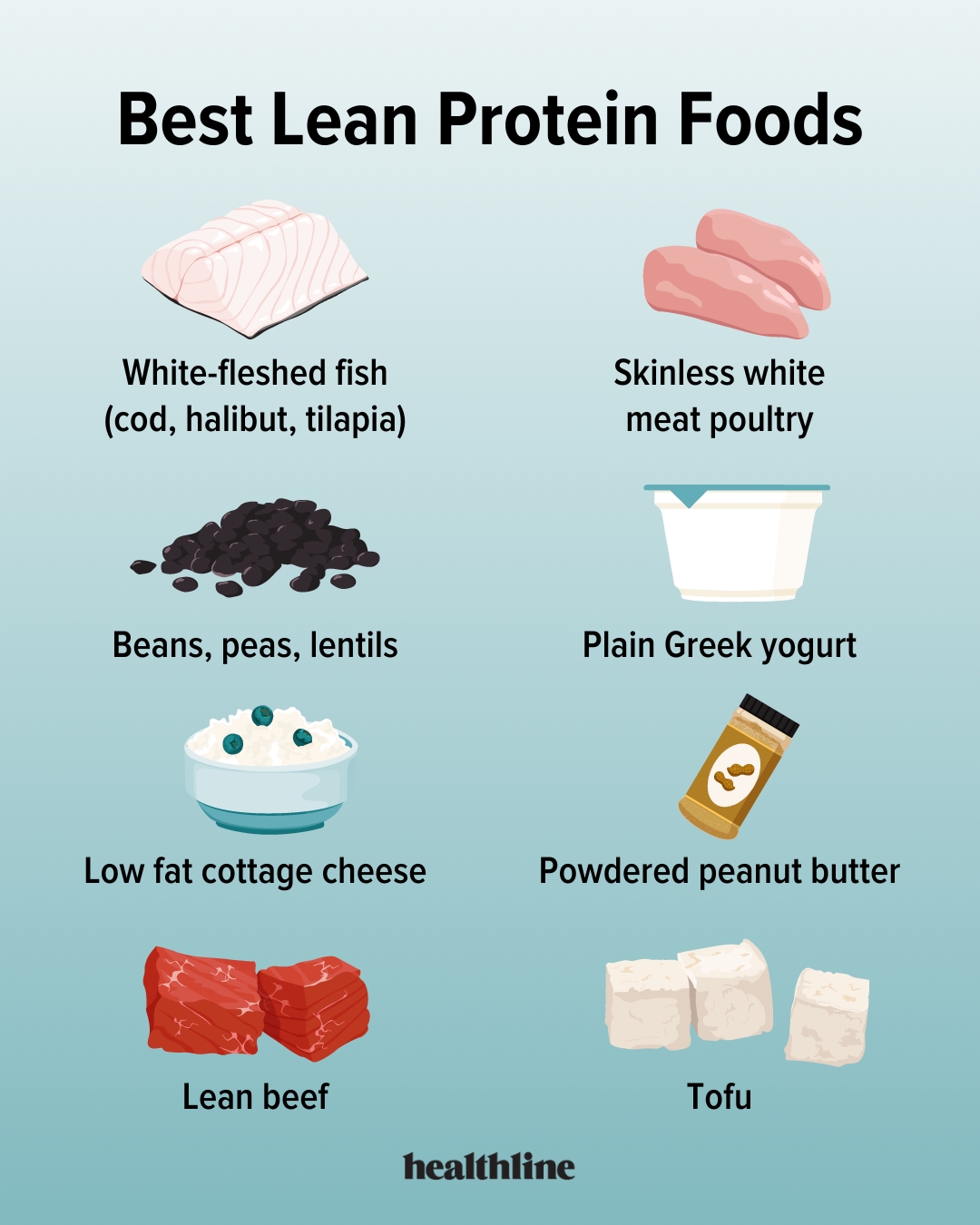Cenet Whispers
Your source for the latest insights and trends.
Lean and Mean: The Protein-Packed Path to a Fitter You
Discover the secret to a leaner, fitter you with protein-packed tips that transform your body and boost your energy!
Unlocking the Secrets of Protein: How Much Do You Really Need?
Protein is an essential macronutrient that plays a crucial role in building and repairing tissues, making enzymes and hormones, and supporting overall bodily functions. But how much do you really need? The recommended dietary allowance (RDA) for protein is generally set at 0.8 grams per kilogram of body weight for the average adult. However, individual requirements can vary based on factors such as age, sex, activity level, and overall health. For instance, athletes and those engaged in heavy physical training may find their needs increase significantly, sometimes to about 1.2 to 2.0 grams per kilogram, depending on the intensity of their workouts.
Moreover, understanding your personal protein needs can help you tailor your diet for optimal health. It’s not just about quantity, but also about quality. Aim for a balanced intake of protein sources that include lean meats, fish, dairy, legumes, nuts, and seeds. Incorporating a variety of these foods ensures you receive essential amino acids that your body cannot produce on its own. To make this process easier, consider tracking your protein intake through apps or journals, and adjust your meals accordingly to meet your unique dietary goals.

Top 10 Lean Protein Sources for a Healthier Diet
Incorporating lean protein sources into your diet is essential for maintaining a healthy lifestyle. Not only do these proteins support muscle growth and repair, but they also aid in weight management by boosting your metabolism. Here are the top 10 lean protein sources to consider:
- Chicken breast
- Turkey breast
- Fish (such as salmon and tuna)
- Egg whites
- Low-fat dairy products (like Greek yogurt and cottage cheese)
- Lean cuts of beef (such as sirloin and tenderloin)
- Pork loin
- Quinoa
- Lentils
- Tofu
These lean protein sources are not only nutritious but also versatile, making them easy to incorporate into various meals. For instance, grilled chicken and turkey can serve as the main protein in salads or whole grain wraps, while fish can be baked or grilled with a side of vegetables. Incorporating plant-based proteins like quinoa, lentils, and tofu into your meals ensures a well-rounded diet that's rich in essential nutrients. By prioritizing these lean protein options, you can pave the way for a healthier, more balanced diet.
Protein Myths Busted: What You Should Know for Fitness Success
When it comes to fitness, protein often steals the spotlight, yet it’s surrounded by misconceptions that can hinder your progress. One common myth is that consuming excessive amounts of protein will automatically lead to increased muscle mass. In reality, while protein is crucial for muscle repair and growth, there is a limit to how much your body can utilize at once. Studies suggest that around 20-30 grams of protein per meal is optimal for muscle synthesis. Anything beyond that may not provide additional benefits and could even lead to unnecessary calorie intake.
Another prevalent myth is that protein is only important for those who lift weights or engage in intense workouts. However, individuals involved in various activities, including endurance sports and general exercise, also require adequate protein to maintain muscle health and recovery. Furthermore, it’s essential to recognize that the source of protein matters. Prioritize lean meats, fish, eggs, dairy, and plant-based options like legumes and nuts to ensure you're getting not just protein, but a well-rounded diet that supports your overall fitness success.